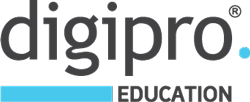Develop the Agile Company: Build a Robust Innovation Culture within the DNA of the Organisation
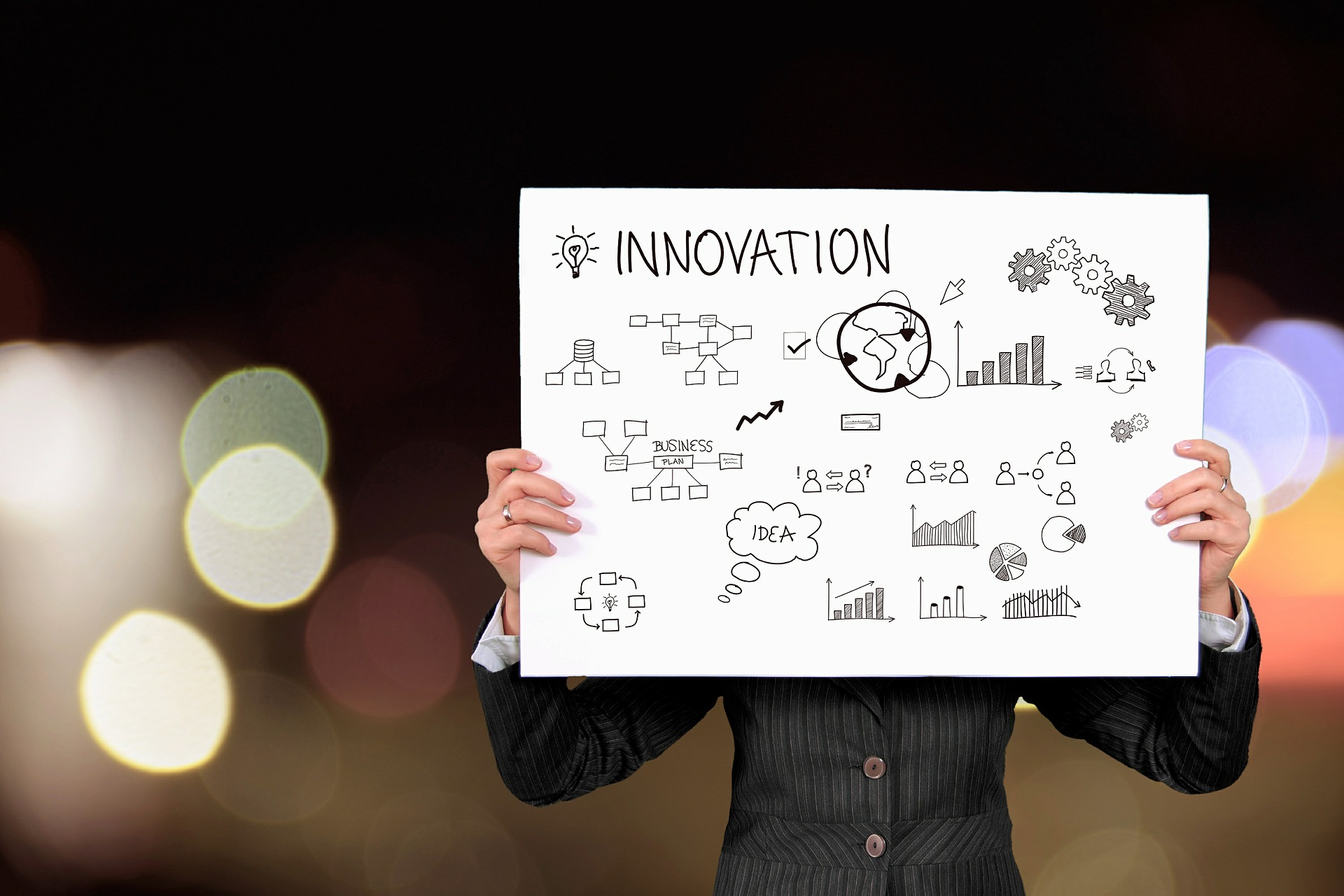
Instructor
-
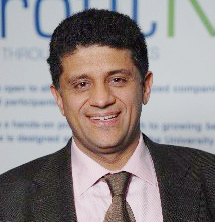 George TsekourasDr, DPhil, Director of CENTRIM
George TsekourasDr, DPhil, Director of CENTRIMDr. George Tsekouras is the Director of CENTRIM. He has led the research in the area of innovation and entrepreneurship in areas like peer-to-peer learning networks, innovation coaching, planning and implementing new product development strategies, fostering linkages with external research, open innovation for SMEs, public-private innovation partnerships and innovation in social enterprises.
He is the founder of a number of peer-to-peer learning networks in UK, Ireland, South Africa and Greece, which have supported more than 2,000 SMEs around the world. He was the coordinator of the RAPPORT consortium (www.rapport-project.eu), which looked at best practices to connect SMEs to the public or private research organisations. Currently, he works for a consortium that helps the European Commission to design the SME Instrument scheme, a new scheme to support innovation by European SMEs.
George has also worked in other innovation areas like innovation benchmarking, industry forecasting and business process re-engineering. He has a first degree in mechanical engineering and a DPhil in innovation management from SPRU at the University of Sussex. He is the author of a number of papers in academic journals, books and international conferences while he has designed and delivered many executives training and consultancy programmes on innovation-enabled entrepreneurship.
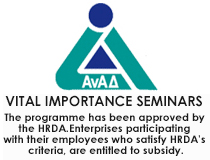
Date
- Μάι 31 2021 - Ιούν 01 2021
- Expired!
Cost
- Fully Subsidized
Location
The enterprises of today have to operate in a very challenging environment. The consumer preferences, the technology and the policy priorities are changing continuously, making the foundations of an enterprise feeling like a ‘moving sand’. Products and services that were popular a while ago, they feel out of touch for the consumer today. Business can only survive if they build resilience in their DNA to survive this ruthless pace of change and adjust to the changing reality. Typical example is making a product more environmentally friendly to align with the increased awareness of the modern customers of the need to protect the environment.
As if this was not enough, recent developments have shown how the economic cycles (from peaks to financial crisis) and the unexpected health crises (e.g. Covid-19) are adding more pressure. However, and amidst the biggest pandemic of the last 100 years, some businesses are gaining ground; Amazon was reported as having gained $25 bn in the period between March and June 2020. Resilience Is not enough to guarantee the long-term survival of a company. Enterprises need to build in their organisations the ability to be agile and adapt to the violent economic restructuring caused by these crises. Typical example the companies that turn to the full-scale development of on-line orders and sales in the middle of the unfolding Covid-19 crisis.
The only way to address both challenges of resilience and agility is to build-up a robust innovation culture within the organisation that questions continuously the offerings and the processes of the enterprise, an innovation culture that is prepared to rethink and redesign (if necessary) its business model. Such innovation culture can be built within the organisation by fostering the relevant initiatives and establishing the systems for managing these initiatives.
A robust innovation culture leads to an intelligent innovation agenda that helps the company to develop resilience to the quickly changing market. Resilience which allows the adaptation of the company’s offerings, its processes, its customer base and the routes to the market in line with the developments in the market.
A robust innovation culture equips the company with strategic agility that allows the company to deal with the emergence of unexpected crises like the ongoing pandemic and its impact in the market. Strategic agility is about using the company skills and knowledge base to develop a way out of an unfolding crisis. In other words, strategic agility is about repositioning the company, by developing new offerings and new business models that take into account the new requirements of the ‘crisis regime’.
A robust innovation culture addresses the needs of the transition of the company to the next stage of development, developing the operations, systems and skills to enable the transition to its next stage of development. If, for instance, the company is preparing for a serious scaling-up, it needs to develop the innovations in processes, supply chains etc. that secure more professional operations.
This seminar will provide the full range of the innovation armoury and help managers to select the right innovation types, namely those types that help the company to address its current strategic challenges and the types that help the company to cope with the upcoming challenges.
Whether the company has to adjust to the changing environment in a resilient way or develop strategic agility to cope with an unexpected crisis or facilitate the transition to the next stage of development, it will need access the adequate resources and relevant knowhow. In other words, the company will have to organise the necessary partnerships with other small or large companies and possibly Universities or Research and Technology Organisations. Similarly, the company will need to access external funding that is available for these challenging ventures, either from European or national funding programmes.
Today’s environment is facilitating these processes by the development of Internet and IT systems and applications which have given birth to new innovation strategies for new ideas (e.g. crowdfunding), new sources of funding (e.g. crowdfunding) and new partners. At the same time, policy makers like the European Commission have recognized the pressing need of the situation and have developed new programs (e.g. EU Green Deal) to allow businesses to receive funds for innovation together with guidance and support such as innovation coaching.
Managers in SMEs and/or large enterprises, who have some decision-making authority and the responsibility to adjust their departments or the organisation either as a result of the ever-changing environment or as a result of the emergence of an unexpected crisis like an economic crisis, the emergence of a pandemic etc. These are managers who are in charge of the company or specific sections (or departments) within the company (e.g. operational processes).
The seminar also addresses the needs of managers in SMEs and/or large enterprises who are involved in the development or the implementation of new business initiatives like new lines of products or services, the expansion of the company in new markets etc. Typical examples are managers who engage in formal or informal Research and Development activities, managers who would like to renew their company because it has closed its historical cycle or managers of a company which has been hit badly by the ongoing pandemic crisis and managers of companies who are preparing to take over management responsibilities. These include examples like IT companies developing IT products (hardware or software), Educational service providers developing open platforms, products and services that enhance the quality of customer experience and generate value, Hospitality service providers which have been hit badly by the Covid-19, Chemical companies that design and develop new health devices, equipment or new materials and Engineering companies developing radical innovations (building methods or products) etc.
This seminar aims to reach out to companies which wish to reinforce their competitive advantage, create and exploit new opportunities by building up a robust innovation culture within the DNA of their organisation. In particular, the seminar aims to support top and middle-level managers in companies which are experiencing difficulties, as a result of a weakening position in the market – either happening over a long period of time or induced by the Covid-19 crisis. At the same time the seminar aims to support companies that have high aspirations and wish to grow and develop by reaching out new markets and new customers. In both cases, the seminar will support the managers to define, develop and implement an innovation response to these challenges. Moreover, the seminar will support the participants to establish regular processes and routines within the company to manage innovation activities that address permanently the company’s strategic challenges.
The seminar will address the high-level strategic issues of a company as well as the more operational issues emerging in the difficult transitions. Both the current and the future lifetime stages will be identified, helping the company to develop the resources and the make the decisions to move the next stage of development. The seminar aims to equip its managers with the following:
Knowledge-related objectives
Contrast a strategy to plan ahead for your business with a strategy to manage an unexpected crisis (e.g. Covid-19);
Identify the innovation needs of their company to protect or adjust its current position in the market and reinforce its competitive advantage;
Identify the innovation needs of their company to enable the transition from the current position to the aspired future position in the market;
Recognize the potential of innovation partnerships and their value for the company’s development;
Identify new EU and national funding instruments and match them to the innovation activities of their company.
Skills-related objectives (Be able to)
Organise an innovation response to the emergence of an unforeseen crisis that has a significant impact on the business;
Establish and master the innovation activities that would help the company to address its strategic weaknesses and reinforce its competitive advantage;
Establish and master the innovation activities that would help the company to move from the current market position to the aspired future position;
Develop and measure Key Performance Indicators (KPIs) to assess ‘innovation’ activities.
Attitude-related objectives
Assess the level of threat from unexpected strategic crisis (e.g. Covid-19);
Select innovation priorities according to the needs of your business;
Value the potential help from new national or EU funding instruments.
Recent Program Participants
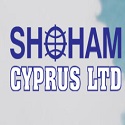
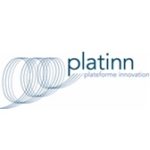
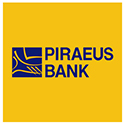
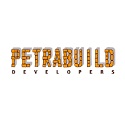
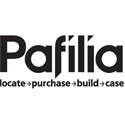
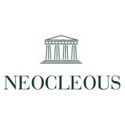
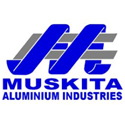
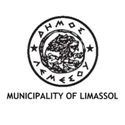
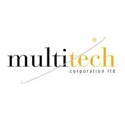
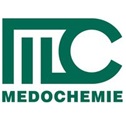
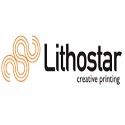

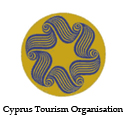
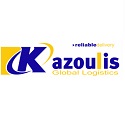
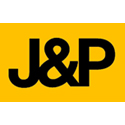
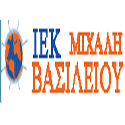
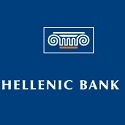


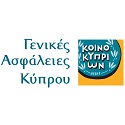
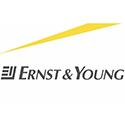

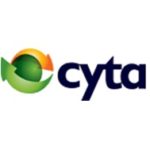
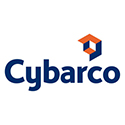

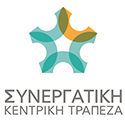

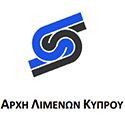

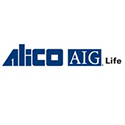
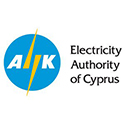

The event is finished.
Hourly Schedule
Day 1 (31-05-21)
- 7:15 - 7:45
- Arrival and registrations
- 7:45 - 8:30
- Introductions and Objectives of the seminar
- 8:30 - 9:30
- Resilient and Agile Enterprise
- Case Study
- 9:30 - 9:45
- Break
- 9:45 - 11:00
- The art of strategy
- Group Exercise
- 11:00 - 12:30
- The ‘vehicle’ and the drivers: Analyse the company and the talents of its key people
- Group Exercise
- 12:30 - 13:30
- Lunch
- Group Exercise
- 13:30 - 15:00
- The fuel for change
- 15:00 - 15:15
- Break
- 15:15 - 16:15
- Adjust strategy for the unexpected
- Group Exercises
Day 2 (01-06-21)
- 7:45 - 8:45
- The Incubation period
- Group Exercise
- 8:45 - 9:45
- The Development period
- Group Exercise
- 9:45 - 10:00
- Break
- 10:00 - 11:00
- The Recess period
- Group Exercise
- 11:00 - 12:30
- New funding Instruments – Trends and enablers
- Case Studies
- 12:30 - 13:30
- Lunch
- 13:30 - 15:00
- Practical session
- Practical Group Exercise
- 15:00 - 15:15
- Break
- 15:15 - 16:15
- Develop and Present Action Plans
'Oροι και Προϋποθέσεις
The above seminar is fully subsidized by HRDA on the condition that the following criteria is stringently adhered to:
1. Cameras and microphones must be open for the duration of the seminar.
2. Participation for the whole seminar must exceed 75%.
3. 1 device per person must be used.
4. You must ensure you check in punctually at the beginning of the seminar and check out at the end of each day.
5. You are obligated to participate in the follow up onsite 4 Hour visit and you must ensure you check in and check out promptly.
In the event the criteria is not fulfilled satisfactorily and you are rejected by HRDA, please note that you as an individual or your company will be liable to pay the participation fee of €1800.
Finally, please see our cancellation policy:
– Cancellations can be accepted up to 5 working days prior to the seminar without penalties. For any cancellations received after the deadline (or no-shows), the individual or company will be invoiced the full amount per participant.
– Substitutions can be accepted up to 2 working days prior to the seminar without penalties.

